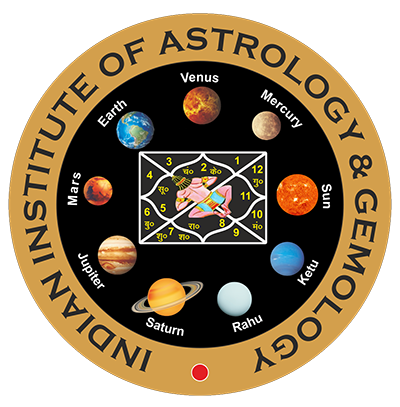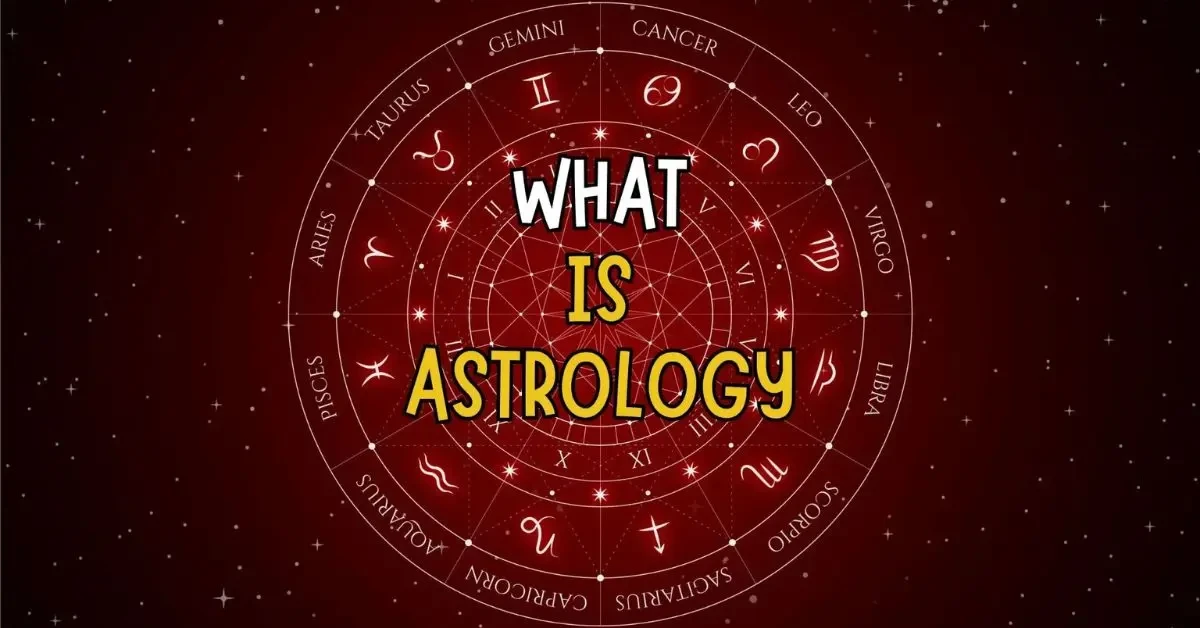




4590 Views | October 30, 2024
You must be thinking about what is astrology and how it works. It is a historic practice that observes the influence of celestial bodies on human life. Astrology developed over centuries into a sophisticated system linking planetary movement with human experience, personality, and potential future. This manual offers the definition, history, types, and place of astrology in people's lives.

Astrology is based on the assumption that the movements and positions of celestial bodies—such as the sun, moon, planets, and stars—have an effect on human life and natural phenomena. Astrology is based on the assumption that the universe is unified and that the positions of the planets determine human behavior, emotions, and destiny.
Astrology has been confused with astronomy, but while astronomy is science that observes objects in space, astrology is concerned with how the objects influence people's lives. Astrology is a metaphysical or spiritual stream of study and not a hard science.
Astrology has been around for thousands of years and has been practiced by numerous civilizations, such as the Babylonians, Egyptians, Greeks, Indians, and Chinese. They all had their own type of astrology, but the concept was the same: the celestial bodies influence earthly matters.
Babylonian Beginnings: The Babylonians initially created a system of astrology in a systematic manner around 2000 BCE. They separated the sky into twelve regions, which became the foundation of the zodiac.
Greek Influence: Astrology moved to Greece during the 4th century BCE, where philosophers such as Ptolemy developed it further and wrote the seminal work, Tetrabiblos, on astrology.
Indian (Vedic) Astrology: Also known as Jyotish, Vedic astrology is strongly based on Hindu culture. It uses a system of sidereal zodiacs and is reported to be strongly predictive.
Chinese Astrology: Chinese astrology, which is a lunar calendar, classifies individuals into twelve animal signs with unique personality characteristics and directions in life.
Western Astrology: Developed from Babylonian and Greek astrology, Western astrology is based on a tropical zodiac system and relies on the seasons as well as the path of the Sun.
There are various branches of astrology, and each serves a different purpose. Some of them are well known:
1. Natal Astrology – The most popular form, natal astrology is derived from a person's birth chart (horoscope), a chart of planetary positions at birth and location.
2. Mundane Astrology – Hired to predict global events, political trends, natural disasters, and economic developments.
3. Electional Astrology – Helps decide on the optimal time for important events such as operations, weddings, or investments.
4. Horary Astrology – Gives answers to particular questions according to the relative positions of the planets when the question is asked.
5. Medical Astrology – Analyzes health and happiness through planetary connections and prescribes therapeutic intervention for conditions.
6. Psychological Astrology – Connects psychology and astrology to comprehend a person's mind and emotional patterns.
Astrology is also used for self-improvement and self-discovery. Some of the ways astrology impacts people's lives are mentioned here below:
Understanding Personality – A birth chart provides extremely deep information regarding an individual's personality, weaknesses, and strengths.
Predicting Future Trends – Though astrology cannot promise any particular event, it can say whether times are auspicious or inauspicious.
Relationship Compatibility – Astrology can assess compatibility between lovers, friends, or business partners by analyzing their zodiac signs.
Career Guidance – Some believe astrology can be used to aid in career choice by aligning occupations with planetary energies.
Spiritual Growth – Astrology encourages self-discovery and identification with the universe, as well as calmness and guidance.
Though it is extremely popular, scientists doubt astrology. What is astrology? It has been criticized for a lack of practical evidence and is based on subjective rather than scientific criteria. The Barnum Effect, a psychological effect where individuals will find general and vague descriptions as extremely personal, explains why people identify with astrology readings.
But its proponents argue that its wisdom is rooted in centuries of observation and pattern recognition. Whether seen as a science, an art, or a spiritual discipline, astrology is a fascination for individuals across the globe.
Astrology is an intriguing practice that harmonizes the spiritual and the worldly in life. Whether it is for guidance, introspection, or leisure, astrology offers a very fascinating perspective on human experiences and cosmic connections. Lacking scientific proof, its impact on people and society is bound to be discovered. Whether or not you believe, astrology challenges you to decipher the universe's secrets and your position in it. If you're wondering what is astrology, it is a system that explores these cosmic influences on human life.